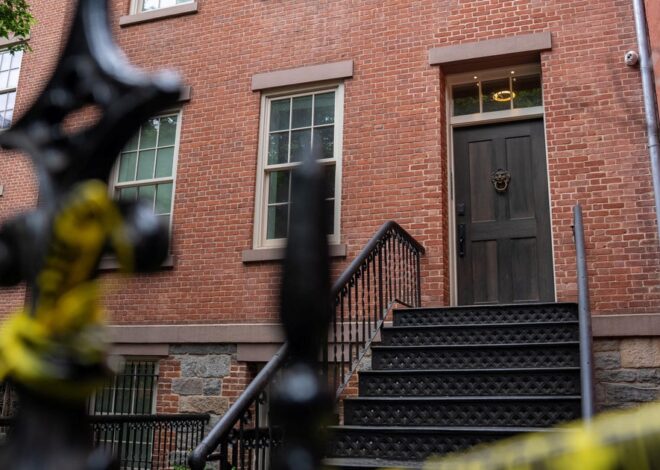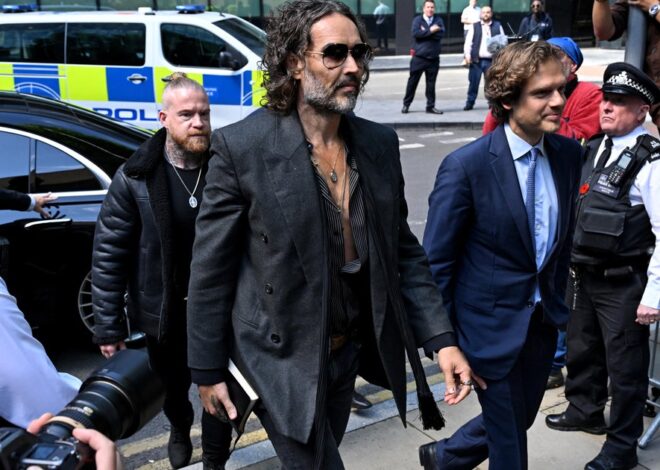
Texas Man Executed 13 Years to the Day After Setting Fire to Convenience Store Clerk
Execution of Texas Man for 2012 Killing
In a case that has lingered in the public consciousness for over a decade, Matthew Lee Johnson was executed on Tuesday evening. His crime? The horrific burning death of 76-year-old Nancy Harris during a convenience store robbery in Garland, Texas, back in 2012.
Johnson, now 49, received a lethal injection at the state penitentiary in Huntsville just after 6 p.m. The execution marked a grim milestone – it was one of two slated for the same day across the United States. In Indiana, Benjamin Ritchie faced execution for the 2000 murder of a police officer.
These events are part of a broader wave of executions, with four scheduled within about a week’s time. Glen Rogers was executed in Florida on May 15, and Oscar Smith is set for execution in Tennessee on Thursday. It’s a stark reminder of the persistent application of capital punishment in certain states.
Efforts to delay Johnson’s execution were ultimately unsuccessful. David Dow, one of his attorneys, decided against any last-minute appeals to the U.S. Supreme Court. Earlier attempts by Johnson’s legal team to stay his execution had been rejected by lower courts, and the Texas Board of Pardons and Paroles had denied his request for clemency just days before.
Johnson’s defense argued that his death sentence was unconstitutional due to an improper assessment of him as a future threat to society – a necessary condition for imposing such a sentence. They also contended that the scheduling of his execution date was illegal. Yet, these arguments didn’t gain traction with the courts.
The attack on Harris was partially captured by security footage. Despite being severely burned, she managed to provide a description of her attacker before succumbing to her injuries days later. Johnson’s execution aligns almost exactly with the anniversary of that tragic day in May 2012 when Harris was attacked.
During his trial in 2013, Johnson openly confessed to setting Harris on fire and expressed profound remorse. “I hurt an innocent woman,” he admitted. “I took a human being’s life… It was not my intention – to kill her or to hurt her, but I did.”
Johnson claimed he wasn’t fully aware of his actions due to being under the influence after smoking $100 worth of crack. His lawyers presented his long history of drug addiction and childhood abuse as context for his actions.
The Texas Attorney General’s Office maintained that Johnson’s numerous appeals were merely attempts to delay what they viewed as a justified legal outcome. “Thirteen years after the commission of Johnson’s crime, justice should no longer be denied,” they asserted in court filings.
Nancy Harris was more than just another victim; she was a great-grandmother who had spent over ten years working at the convenience store just blocks from her home. Her son, Scot Harris, recounted her dedication and love for her large family, which included four sons, eleven grandchildren, and seven great-grandchildren.
The morning of her attack began like any other shift until Johnson entered the store with malicious intent. Pouring lighter fluid over Harris and demanding money before setting her alight and walking out calmly – it was an act that left an indelible scar on all who knew her.
Despite efforts to save her, Harris endured severe burns and immense pain before passing away. Her story is one among many that continue to fuel debates around capital punishment and justice in America.
If Johnson’s execution proceeds as planned, he will be the fourth person put to death this year in Texas, a state known for its frequent use of the death penalty. With both scheduled
For more details, see this background on crime trends.



